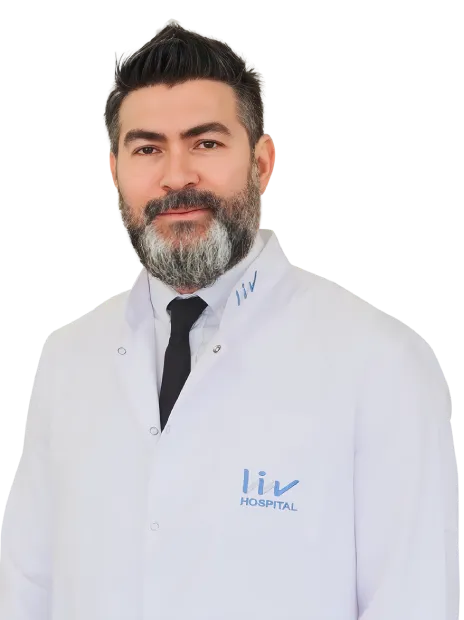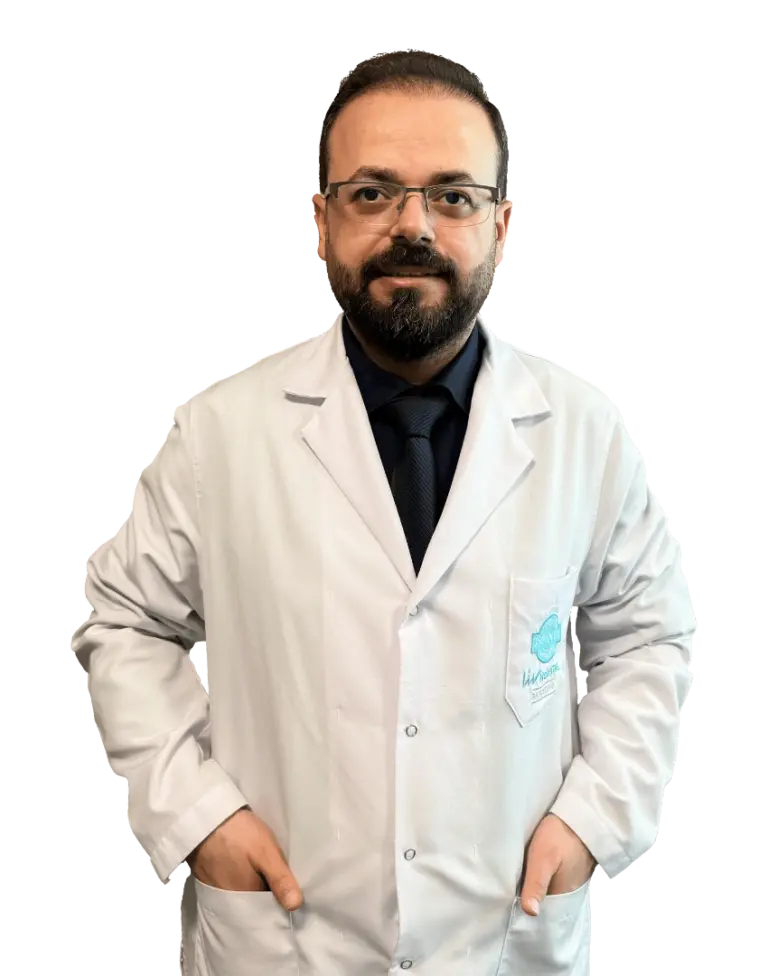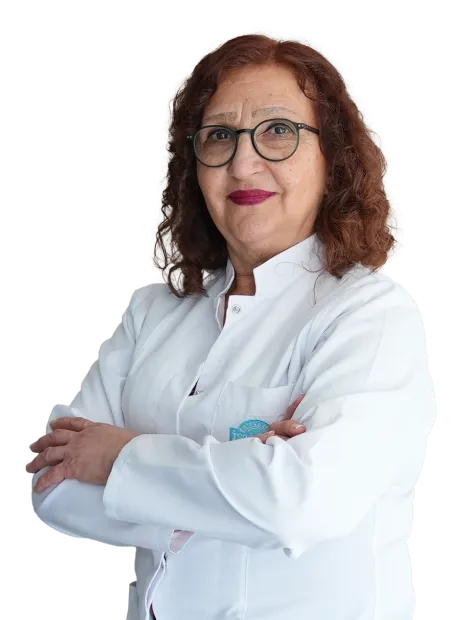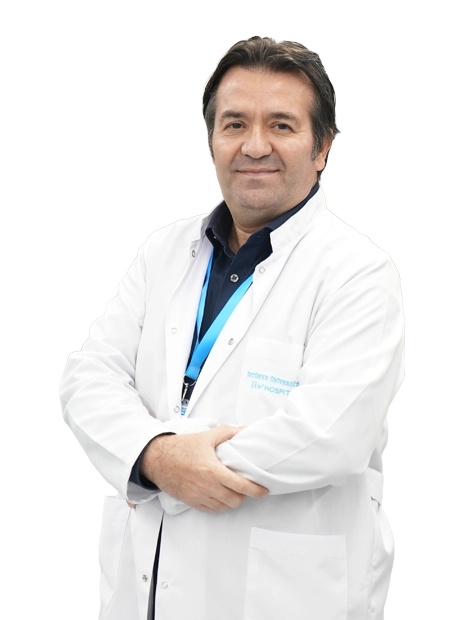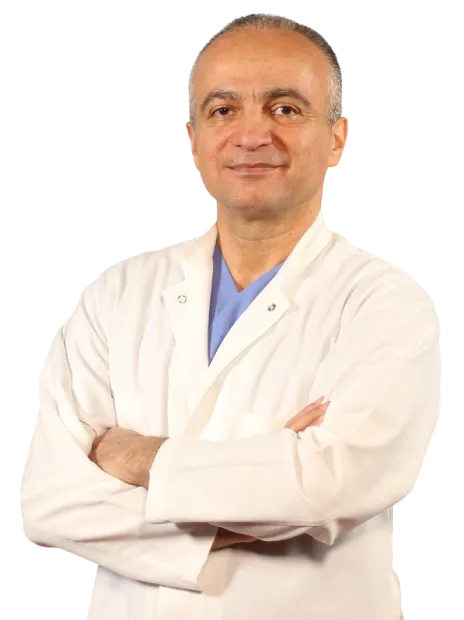When a child is diagnosed with cancer, families face a challenging healthcare journey. A pediatric surgery oncology specialist is crucial in this fight. These doctors focus on treating cancers in children, teens, and young adults through surgical methods, including tumor removal and staging. They work closely with a multidisciplinary team to create comprehensive treatment plans that offer the best chance for survival and quality of life. This specialized field not only involves surgery but also coordination with oncologists, radiologists, and other experts to provide state-of-the-art care for young patients battling cancer.
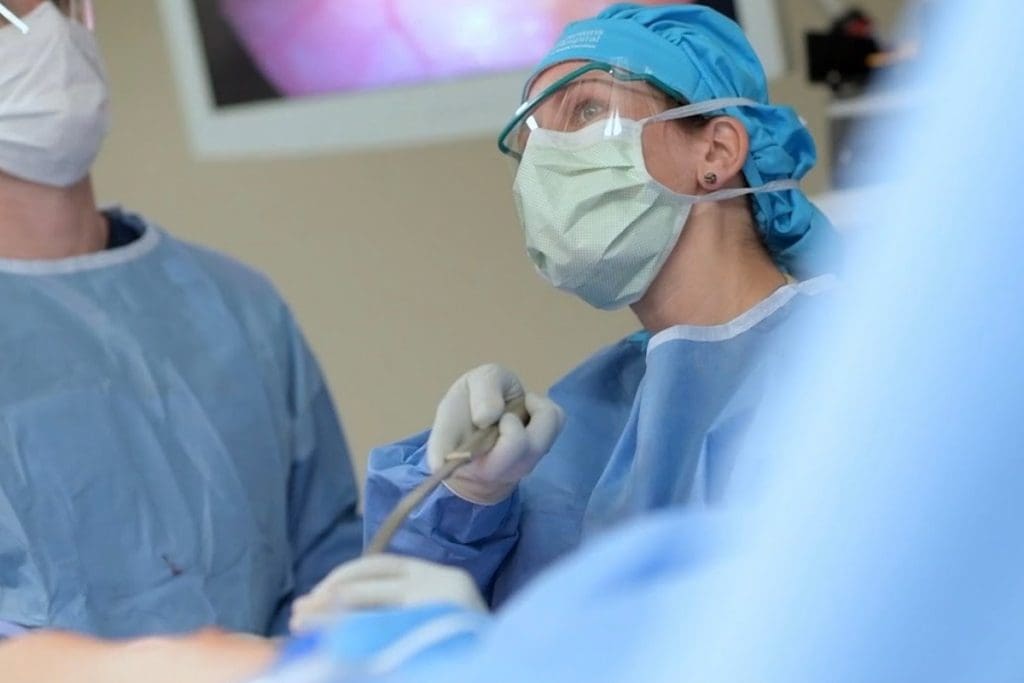
Dealing with childhood cancer is hard for families.
Key Takeaways
- A pediatric surgical oncologist is a specialist trained to operate on childhood tumors.
- These experts are part of a multidisciplinary team that includes medical oncologists and radiation oncologists.
- Pediatric surgical oncologists play a critical role in treating pediatric cancers.
- A team approach ensures treatment is made just for each young patient.
The Role and Definition of Pediatric Surgical Oncologists
Pediatric surgical oncology is a field that combines surgery and oncology for kids. It’s a unique and challenging area. Pediatric surgical oncologists are vital in caring for children with cancer.
What Makes Pediatric Surgical Oncology Unique
This field is special because it deals with cancer in kids. Children are not small adults. Their care needs a deep understanding of how kids work and how cancer affects them.
Treatments in this field must be precise and careful. This is because they can affect a child’s growth and life quality for a long time.
Core Responsibilities in Childhood Cancer Treatment
Pediatric surgical oncologists remove tumors and do biopsies to diagnose cancer. They also stage cancer to see how far it has spread. They work with other teams to plan the best treatment for each child.
Collaboration is key in making sure each child gets the right care.
Childhood Cancer: Statistics and Impact
It’s important to know the facts about childhood cancer to help raise awareness and fund research. This disease affects about 16.2 per 100,000 kids under 15. The Children’s Oncology Group (COG) is key in improving treatments and care for these young patients.
Training for Pediatric Surgical Oncologists
Pediatric surgical oncologists get a lot of training. They start with medical school and then a surgical residency. This training helps them learn how to care for kids with cancer.
It takes a lot of hard work and education to become one. After medical school, they do a surgical residency. This can take years and teaches them a lot about surgery.
Key aspects of their training include:
- Advanced surgical techniques specific to pediatric patients
- Understanding the complexities of childhood cancers
- Collaboration with a multidisciplinary team to provide complete care
Through hard work and experience, these doctors are ready to help kids with cancer. Their work is vital in the fight against childhood cancer. Thanks to research, treatments are getting better for young patients.
The Comprehensive Field of Pediatric Surgery Oncology
Pediatric surgery oncology is more than just surgery. It’s about understanding childhood cancers deeply.
New methods and techniques have made surgery better for kids. They help kids recover faster and live longer. Every child’s treatment is made just for them, based on their cancer type and stage.
Surgical Techniques Specific to Children
Children’s surgery is special because of their size and how their bodies work. Minimally invasive surgery is used to cut down on recovery time and scars. It needs a lot of skill and is made just for kids.
We try to keep organs working during treatment. This helps kids keep their quality of life. Advanced tools and planning help us do complex surgeries well.
Differences Between Adult and Pediatric Cancer Surgery
Adult and kid cancer surgery are different because of the cancers they get. Kids often have neuroblastoma, Wilms tumor, and some sarcomas. These need special surgery.
Kid cancer surgery also thinks about how treatment affects kids later in life. It’s a team effort with many specialists. This team works together to help kids.
Because kids are smaller, surgery is more complex. We keep up with new tech and methods. This helps us give kids the best care possible.
Diagnostic Approaches in Pediatric Cancer
Diagnosing pediatric cancer needs a mix of tests and procedures. We team up with other experts for a full care plan for kids with cancer.
Studies show that training in pediatric surgical oncology leads to better results and higher survival rates. Getting the diagnosis right is key to a good treatment plan.
Biopsy Procedures and Cancer Staging
Tests like biopsy, imaging, and lab work are used to diagnose cancer. Biopsies help find out the cancer type and stage.
The steps to diagnose pediatric cancer include:
- Imaging studies like MRI and CT scans
- Labor tests, including blood and bone marrow tests
- Biopsy to know the cancer type and stage
We use these methods to figure out how far the cancer has spread. Then, we create a treatment plan that fits the child’s needs.
Cancer staging is very important. It tells us how far the cancer has spread. This helps us plan the best treatment. We work with radiologists and pathologists for accurate diagnosis and staging.
By using these diagnostic methods, we can give kids with cancer the best care. This helps them have a better chance of surviving.
Multidisciplinary Collaboration in Pediatric Oncology
Multidisciplinary collaboration is key in treating pediatric cancer. It ensures a complete care approach. Childhood cancer treatment is complex, needing many medical specialties. A team-based approach is vital for top-notch patient care.
The Pediatric Cancer Care Team Structure
The pediatric cancer care team is diverse. Pediatricians, oncologists, surgeons, radiologists, and other specialists work together. This team structure allows for sharing expertise and resources, benefiting the patient.
We know each child’s cancer is unique, needing a personalized treatment plan. The care team works together to develop and implement this plan. They consider all aspects of the child’s health.
Coordination Between Surgical and Medical Oncology
Coordination between surgical and medical oncology is key in pediatric cancer treatment. Surgical oncologists work closely with medical oncologists. They ensure surgical interventions are integrated with other treatments, like chemotherapy.
This collaboration helps the care team address the cancer comprehensively. They use a combination of treatments tailored to the child’s specific needs.
Role of Radiation Oncologists in Pediatric Cancer
Radiation oncologists are vital in treating certain childhood cancers. They work with the multidisciplinary team to deliver precise radiation therapy. This minimizes side effects and maximizes treatment efficacy.
We see the importance of radiation therapy in the overall treatment plan. Our team ensures it’s carefully coordinated with other treatments. This aims to achieve the best possible outcomes.
Centralized pediatric cancer centers have emerged globally. They concentrate expertise and resources to improve care quality. These centers facilitate multidisciplinary collaboration. They ensure children receive the most effective and complete care available.
Advanced Surgical Techniques for Childhood Cancers

In the field of pediatric surgical oncology, new surgical methods have been developed. These advancements are key to better survival rates and quality of life for kids with cancer.
Tumor Resection Strategies
Tumor removal is a vital part of treating cancer in kids. Advanced imaging techniques and meticulous surgical planning have greatly improved these procedures. Surgeons use advanced methods to remove tumors fully while keeping healthy tissue safe.
Minimally Invasive Surgical Approaches
Minimally invasive surgery has changed pediatric oncology surgery a lot. It cuts down recovery times and scarring. Laparoscopic and robotic-assisted surgeries are now common. They offer precision and lower risks of complications.
These methods are great for kids because they lead to less pain after surgery and a quicker recovery.
Organ Preservation Techniques
Keeping organs working is a big goal in pediatric cancer surgery. New techniques allow surgeons to save vital organs, even in tough cases. This approach boosts survivors’ quality of life and lessens the long-term effects of cancer treatment.
International Collaboration and Knowledge Sharing
The growth of pediatric surgical oncology comes from working together worldwide. Sites like livhospital.com help share the best practices and new techniques globally. This teamwork is essential for tackling the many challenges of treating childhood cancer and improving patient results.
As we explore new possibilities in pediatric oncology surgery, the outlook is bright for young patients and their families. The use of advanced surgical techniques and global collaboration will lead to better care and outcomes.
Conclusion: The Future of Pediatric Surgical Oncology
Looking ahead, pediatric surgical oncology will keep getting better. New research and treatments will help more kids beat cancer. Places like Cincinnati Oncology are leading the way, making big strides in cancer care for kids.
We’re on track to see even better results for kids with cancer. The hard work of pediatric surgeons and new discoveries will keep improving care. By focusing on more research and training, we can give kids the top-notch care they need.
FAQ
What is a pediatric surgical oncologist?
A pediatric surgical oncologist is a doctor who specializes in treating cancers in kids. They work with a team to give kids the best care possible.
What makes pediatric surgical oncology unique?
Pediatric surgical oncology is special because it needs knowledge and skills just for kids. Doctors in this field remove tumors and work with others to make treatment plans.
What is the role of a pediatric surgical oncologist in childhood cancer treatment?
Pediatric surgical oncologists remove tumors and help diagnose and stage cancer. They team up with other doctors to create treatment plans for kids with cancer.
How do pediatric surgical oncologists diagnose cancer in children?
Doctors use biopsies and staging to diagnose cancer. Accurate diagnosis is key to effective treatment. Pediatric oncologists work with others to ensure kids get the best care.
What are some advanced surgical techniques used in treating childhood cancers?
Advanced techniques include removing tumors and using minimally invasive surgery. These methods aim to improve outcomes for kids and are developed through sharing knowledge worldwide.
Why is multidisciplinary collaboration important in pediatric oncology?
Working together ensures kids get the best care. The team includes surgeons, medical doctors, and radiation oncologists. This teamwork leads to better results for kids.
What kind of training do pediatric surgical oncologists undergo?
Pediatric oncologists go through a lot of training. This includes medical school and surgical residency. They learn how to treat pediatric cancers.
How does pediatric cancer surgery differ from adult cancer surgery?
Pediatric surgery is different because it needs special techniques for kids. Pediatric oncologists must be trained to handle these unique challenges.
What is the significance of Cincinnati oncology and pediatric surgical oncology?
Cincinnati oncology and pediatric surgery are important because they offer specialized care for kids with cancer.
What is the future of pediatric surgical oncology?
The future looks bright for pediatric oncology. With ongoing research and training, we can expect better results for kids with cancer. The dedication of pediatric oncologists and new surgical techniques will help a lot.
References
- Kremer, V. (2024). The role of pediatric surgery in childhood cancer. Frontiers in Pediatrics. Retrieved from




